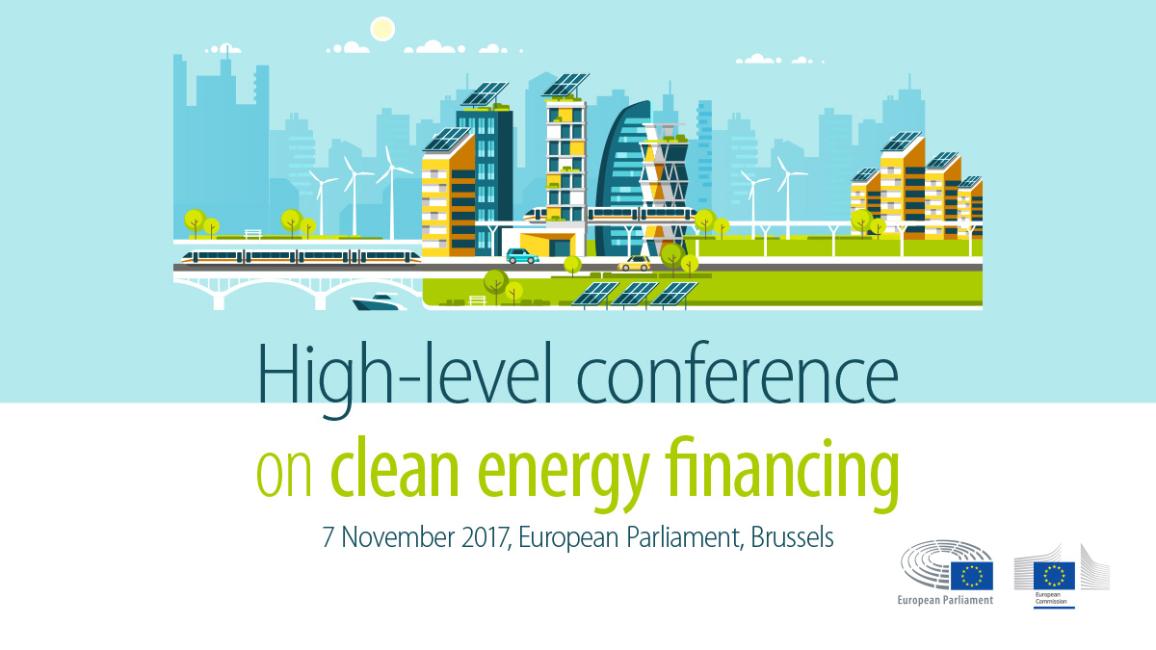More than 50 companies and business organisations unite in a strong call for an ambitious and comprehensive Energy Efficiency Directive (EED) to secure and stimulate investments in Europe
Dear Professor Gierek MEP, dear ITRE and ENVI Members of the European Parliament,
RE: More than 50 companies and business organisations unite in a strong call for an ambitious and comprehensive Energy Efficiency Directive (EED) to secure and stimulate investments in Europe.
The Clean Energy Package for All Europeans is a unique opportunity for the EU to show leadership and consistency in view of the implementation of the Paris Agreement. The most cost-effective way to meet our global commitments, achieve the objectives of the Energy Union and make Europe more competitive is to implement the “Energy Efficiency First” principle.
In this sense and ahead of the forthcoming ITRE Committee vote on the EED, a multi sectoral group of companies unite in a call to:
- Support the binding nature of the EU target to strengthen investor confidence;
- Increase the level of ambition of the target to a cost-effective 40% by 2030, expressed both in primary and final energy terms to ensure a holistic approach to energy efficiency investments and services and provide a legal basis to the promotion of both end-use and generation and distribution efficiency;
- Extend the 1.5% national energy savings obligation based on annual energy sales to final customers beyond 2020, eliminate loopholes and design energy efficiency obligation schemes and/or alternative policy measures that are in line with the “Energy Efficiency First” principle.
The positive impact of such measures is supported by strong evidence. A recent report published by the European Commission1 has outlined, once again, that energy efficiency can achieve up to 46.6% GHG emission cuts in 2030, increase EU’s GDP by 2.2%, create 2 million new jobs, save €77 billion in annual healthcare costs and lift millions of households out of energy poverty.
In this regard, energy efficiency is a clear business opportunity with a high return on investment and requires a solid regulatory framework that will provide incentives to all involved stakeholders.
Among the legislative dossiers proposed by the European Commission in November 2016, the reviews of both the Energy Efficiency Directive (EED) and the Energy Performance of Buildings Directive (EPBD) represent a major opportunity to strengthen the business and investors’ confidence.
The building sector, together with transport, represents the highest end-use savings potential according to in-depth evaluations2. And in its recent vote on the EPBD review, the European Parliament recalled its ambition to increase the rate and depth of building renovations benefitting consumers through lower consumption, lower bills and improved living conditions.
Yet for this to become reality, a fully coherent legislative framework is required with a matching ambition in the EED.
We trust that you will support these much needed policy measures through an ambitious revision of the EED, effectively embodying the “Energy Efficiency First” principle.


